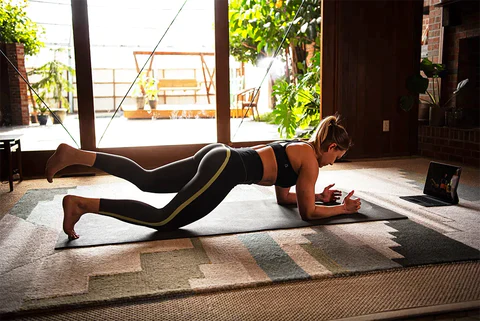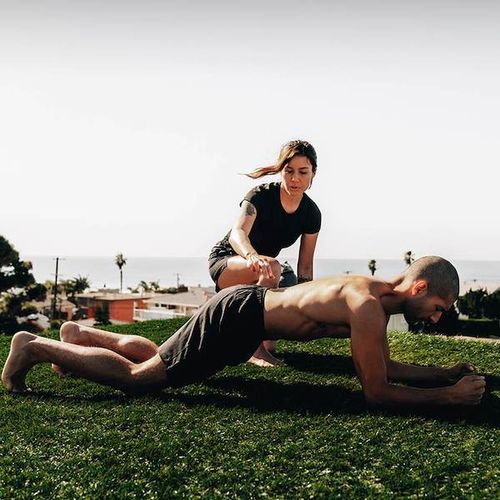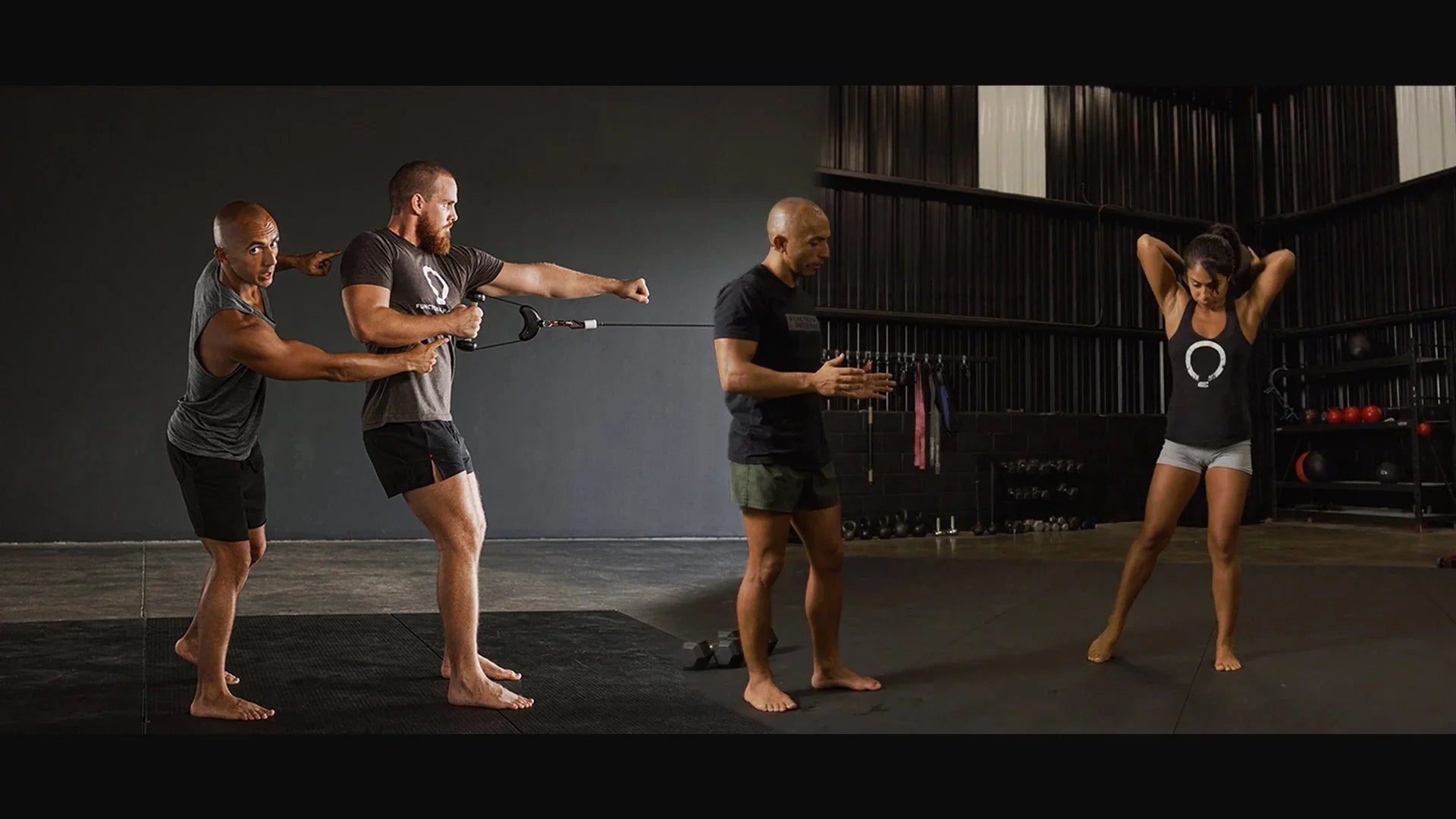Meditation retreats have resurfaced and become a popular way to escape from our stressful daily lives. They are not a new phenomenon, they have existed for hundreds of years and were mostly practiced by followers of Buddhism and other ancient spiritual practices.
One type of silent meditation retreat that has gained in popularity over the years is the Vipassana meditation retreat. As opposed to Buddhist meditation Vipassana meditation is not attached to any religion or mystical beliefs, neither is it a philosophical current.

Vipassana is described as "a method of mental purification that allows you to face the problems and tensions of life in a calm and balanced way ». Although this definition contains quite a few abstract words (I am referring here to the paramount semantic work of Stuart Chase in his book, The Tyranny of Words, here is a useful breakdown of the essence of the book Tyranny of Words Key Concepts: Part 1) at Functional Patterns we can see how such a practice can help you in the holistic approach of fixing your problems. Fixing your mechanics will not happen overnight and addressing your priorities, your value system and what you fill up your time with will be an important part of the journey.
In this article we will have a look at what silent meditation retreats look like and how the principles of a practice like Vipassana meditation can help you deal with your problems in a functional way.
Silent Retreats, a Useful Way to Slow Down
A silent retreat is an event where people meditate silently for a period of days or weeks. At a silent meditation retreat people can meditate alone or in groups. Those retreats usually take place in remote places surrounded by Nature. In most cases at the beginning of the retreat the participants have to leave aside any tool that could be used as a distraction like a smartphone or a laptop, even notebooks can be prohibited.
The aim of total quietness is to allow yourself to focus on your own thoughts, meditate and think without distraction.
A Vipassana meditation retreat usually lasts between 8 and 10 days, and although the format can change depending on the organizer it usually includes meditative walks, group meditation and some retreats can also involve a form of fasting (or a low calorie intake program).
To help participants get into the best conditions to focus on themselves they wake up every morning at the same time (usually early, at around 5am), meals are also being served at the same time everyday and bedtime is also fix.
Depending on the retreat the total silence is not always mandatory from the start, the participants can be eased into it to achieve complete non speaking periods for the last 3 or 4 days of the meditation retreat.

The benefits people usually get from those retreats are a better sense of calm, a relief in their anxiety and stress levels at least for a few days or weeks, an ability to manage priorities better, a better sense of appreciation and gratefulness for what they have in life.
The term Vipassana, means "to see things as they really are, » it is one of India's most ancient techniques of meditation. It is a way of observing oneself without judgement.
The foundational thought of Vipassana is that all mental dysfunctional thoughts arise from the ignorance of the true nature of reality. The basic ignorance of that reality is the root cause of all suffering. Going back to the importance of semantics and relating those terms to Functional Patterns principles the whole expression the true nature of reality can be brought back to the notion of First Principles and the necessity for us Humans to obey Nature’s law in order to function better, pain free and to find a path of regeneration. We will develop those important notions in the next section.
Tune into Boredom
In Western societies most of us claim to have very busy lives, the sentence: "I really don’t have time", is almost being worn as a badge of honor. We are not talking here about essential tasks like going to work or taking care of your kids or a close one in need, we are talking about all the things we fill up our 24 hours with. It could be hanging out in bars after work, going to the gym 6 days a week: "I would feel terrible if I miss a workout", it could be that 3 hour long bike ride every Saturday, spending a lot of time on social media without realizing it whether for leisure or business purposes, watching series or movies, grabbing your smartphone every time you have “nothing to do''. There are many other examples possible but you get the idea. If there is only one thing on this planet that we are all equal on it is the time we have to do or not do things. 24 hours, every single day, whether it’s you, me, the neighbors or Jeff Bezos.
A lot of us are doing too much in order to, on some conscious or unconscious level, escape from ourselves. Going back to silent retreats, they are a useful tool to reset and face oneself in the most genuine possible way. The way we can relate to that at Functional Patterns is that after 8 or 10 days analyzing what your usual daily life is like you might realize that not all of your activities are actually serving a purpose and that you will need to eliminate some of your habits. In the case of your will to get rid of body pains it will be necessary for you to consider what we call at FP a "movement elimination protocol" (Find out more here: The Movement Elimination Protocol | Functional Patterns Approved) Just like eliminating distractions, your ability to eliminate some activities that could be detrimental to the optimal balance needed in your body will be essential to fix your problems.

As briefly discussed at the end of the previous section the foundation of Vipassana meditation (to see things as they really are) can be linked to the notion of First Principles that we use at FP (https://fs.blog/first-principles/). The mental process is to get so far into the roots of a problem that it cannot be broken down more than what it already is. If you take the example of a situation that is stressing you out at work or with a family member, your ability to analyze that problem in an objective way while putting aside any elements that are not relevant will be the key to address it; as what it really is. When you get rid of the surrounding noise you can get to the purest form of the matter and start to find functional solutions.
At FP we use the same approach when it comes to biomechanics. Finding out the First Principles in the complexity of the gait cycle is the key to improve and eliminate body pains, get stronger and regenerate.
Improving your biomechanics will be the most important thing to address to get into a path of regeneration but some principles of a silent retreat like a Vipassana meditation retreat can definitely be applied. That's what we call at Functional Patterns, "tuning into the boredom", which is basically training your ability to do absolutely nothing. We are not even talking about any specific meditation here, simply learning to sit down with your thoughts without trying to necessarily control them. Taking the time even just 15 minutes per day to understand where you’re at. You might feel the need to move a lot, you might feel fidgety or restless, anxiety rising maybe. Working on finding balance in your body by improving your biomechanics will, amongst many things, help with your anxiety (Found out more by reading this article: https://functionalpatterns.com/blogs/articles/anxiety-and-biomechanics) and those 15 minutes could become a checkpoint for you to assess how your biomechanical gains are helping you cope with your excessive stress and pains.
Conclusion
Silent retreats are a good way to focus on yourself and channel your own thoughts without the distraction of your daily life and the possibility to escape from yourself. The principles of these types of retreats can apply in the holistic approach we have at Functional Patterns when it comes to solving problems. If you suffer from body pains or anxiety like many people in our modern societies the key will be to find balance at a deep cellular level and that balance can be achieved by addressing your biomechanics. On top of that, give yourself the chance to reset just a few minutes per day to get back to the present moment and what you are trying to achieve.
Another important aspect to consider will be the elimination protocol, your ability to refrain from wanting to do too much when really what you need is doing less.







